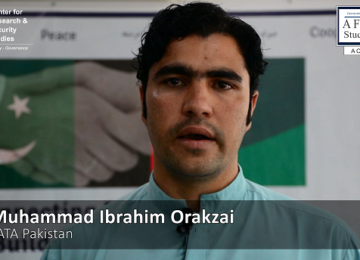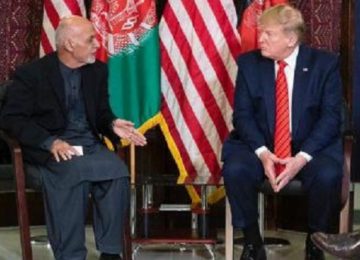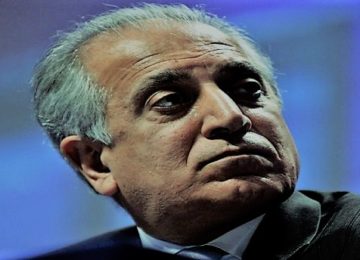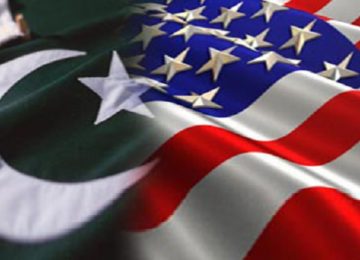July 31, 2019
As a former intelligence chief and an outspoken opponent of the Taliban, Rahmatullah Nabil has long been a marked man.
As a candidate in Afghanistan’s presidential election in September, the dangers facing Nabil have increased exponentially.
The Interior Ministry spent nearly a year devising an election security strategy that included providing armored vehicles and guards for candidates during rallies and at their homes.
But when the election campaign kicked off on July 28, Nabil did not have the promised protection and was forced to abandon the launch of his public campaign.
“This has badly affected our campaign so far,” Nabil, the two-time head of Afghanistan’s National Directorate of Security (NDS), told RFE/RL on July 30. “The government knows the high security threat to me, but it is still not cooperating.”
The Interior Ministry did not reply to RFE/RL’s requests for comment.
Nabil’s worries about attacks against the 18 presidential candidates proved to be warranted.
At least 20 people were killed and 40 wounded in a bomb attack that was followed by a gunbattle at the office of President Ashraf Ghani’s running mate, Amrullah Saleh, on July 28.
The security fears have added to the deep uncertainty over the September 28 election — a vote that has been delayed and is expected to be the war-torn nation’s second-ever democratic transition of power.
Many of the presidential candidates have threatened to boycott the vote, alleging that Ghani is manipulating the election process in his favor.
There are also doubts if the election will even be held due to talks in Qatar with the Taliban over a peace agreement. Some candidates favor delaying the election and installing an interim government as the peace talks are being held.
Three days into the election season, a dozen candidates have failed to launch their campaigns.
Only three candidates, including Ghani and Chief Executive Officer Abdullah Abdullah, held rallies on July 28. Ghani addressed several thousand supporters in a huge auditorium in Kabul. Meanwhile, Abdullah held a rally at a crowded wedding hall in Kabul.
No candidates held rallies on July 29.
Source: Radio Free Europe Radio Liberty
Disclaimer: Views expressed on this blog are not necessarily endorsed or supported by the Afghan Studies Center and Center for Research and Security Studies, Islamabad.








